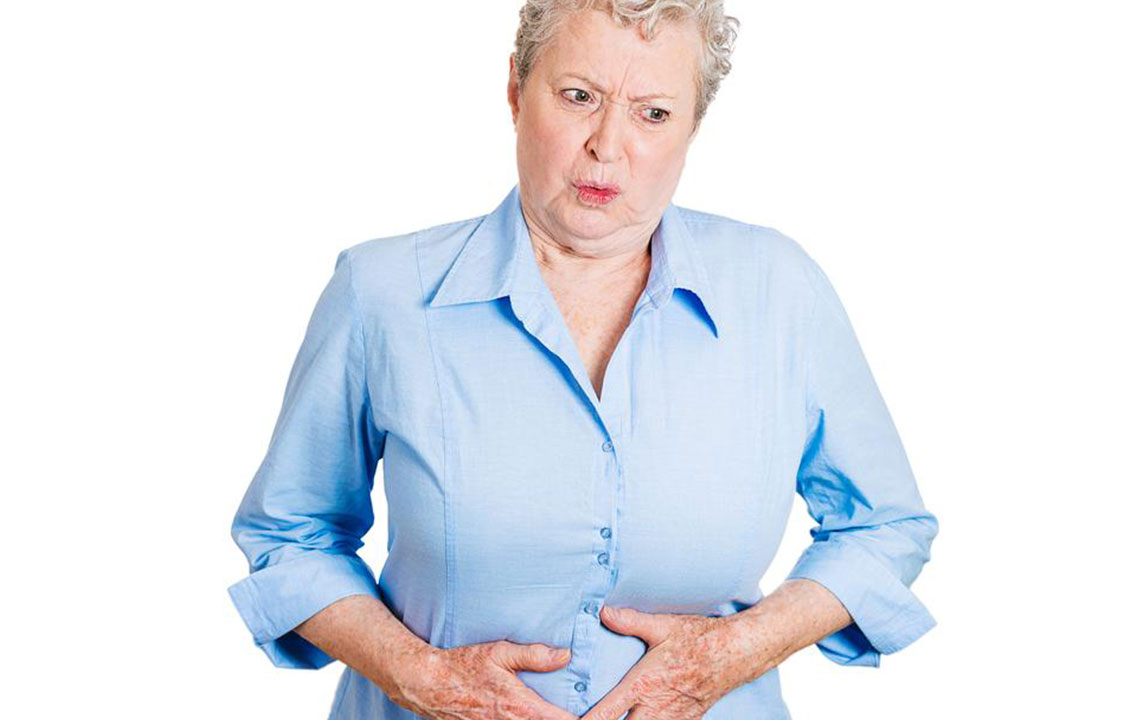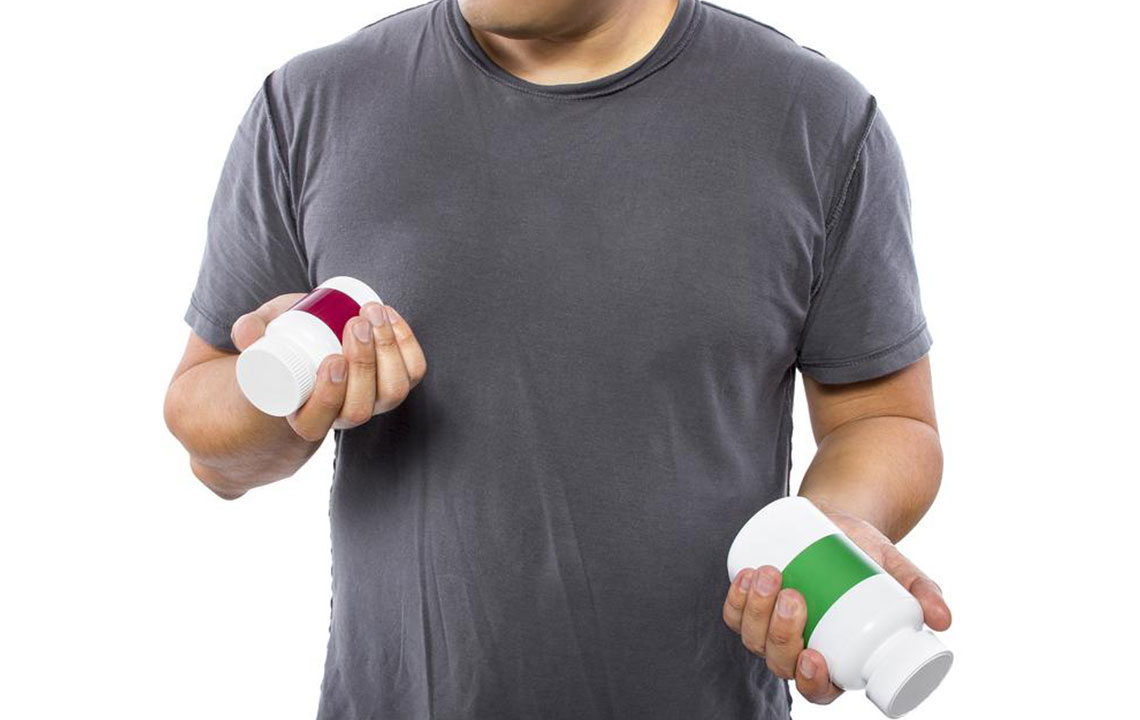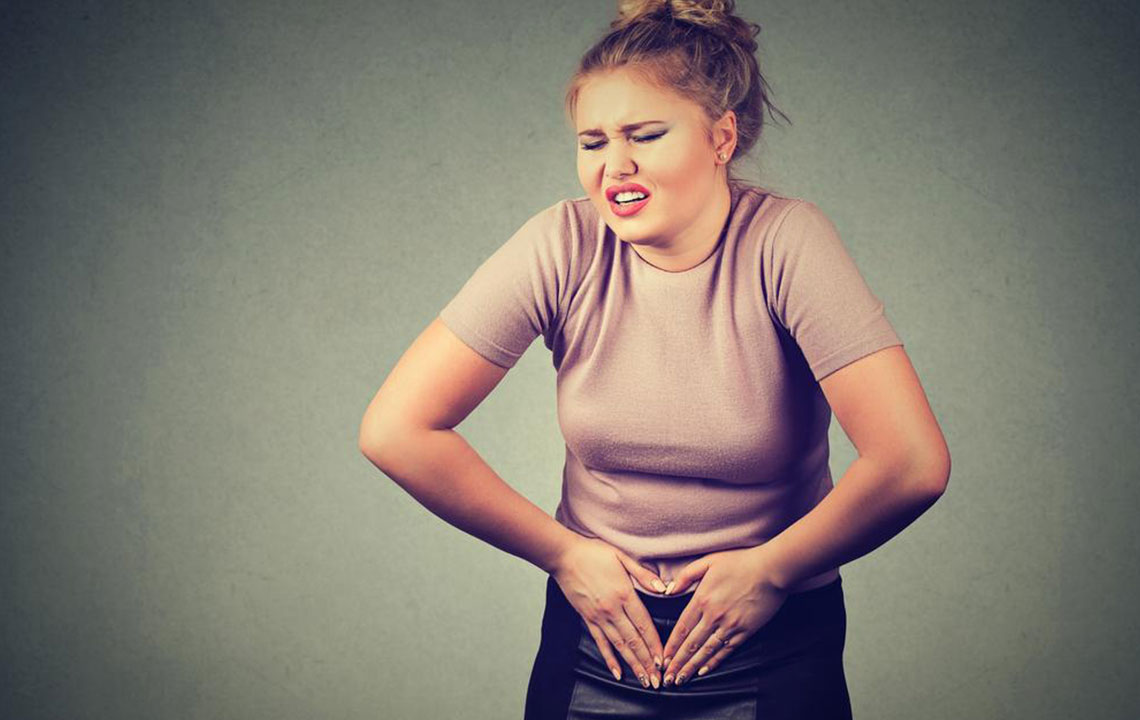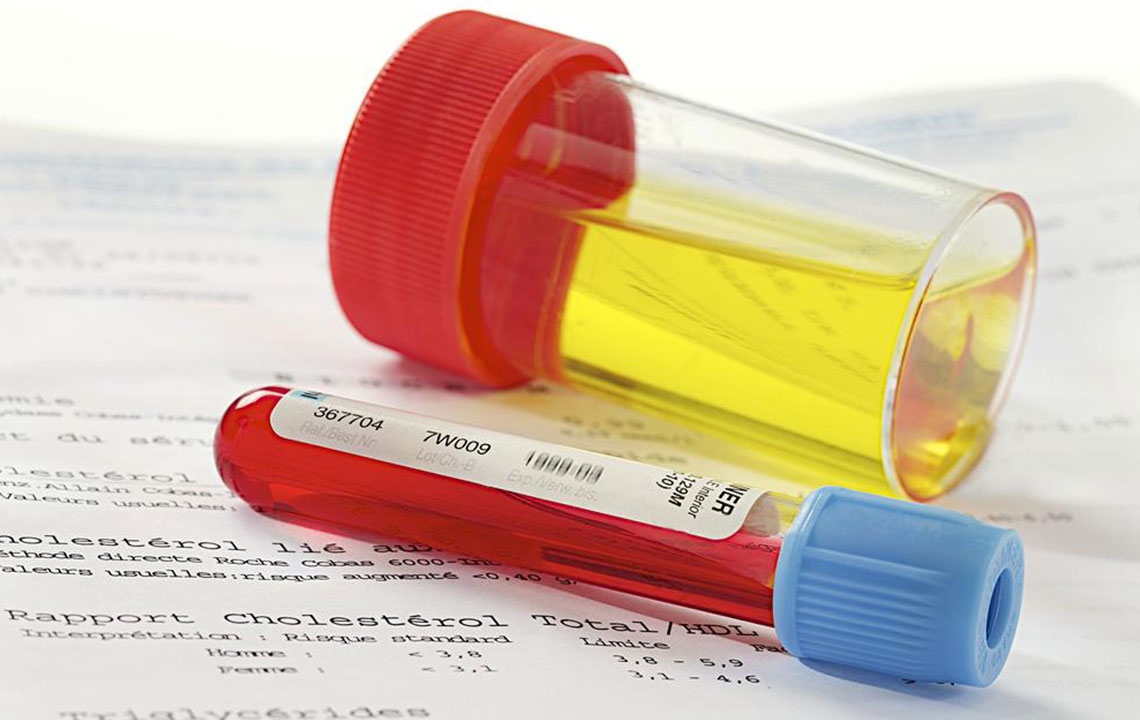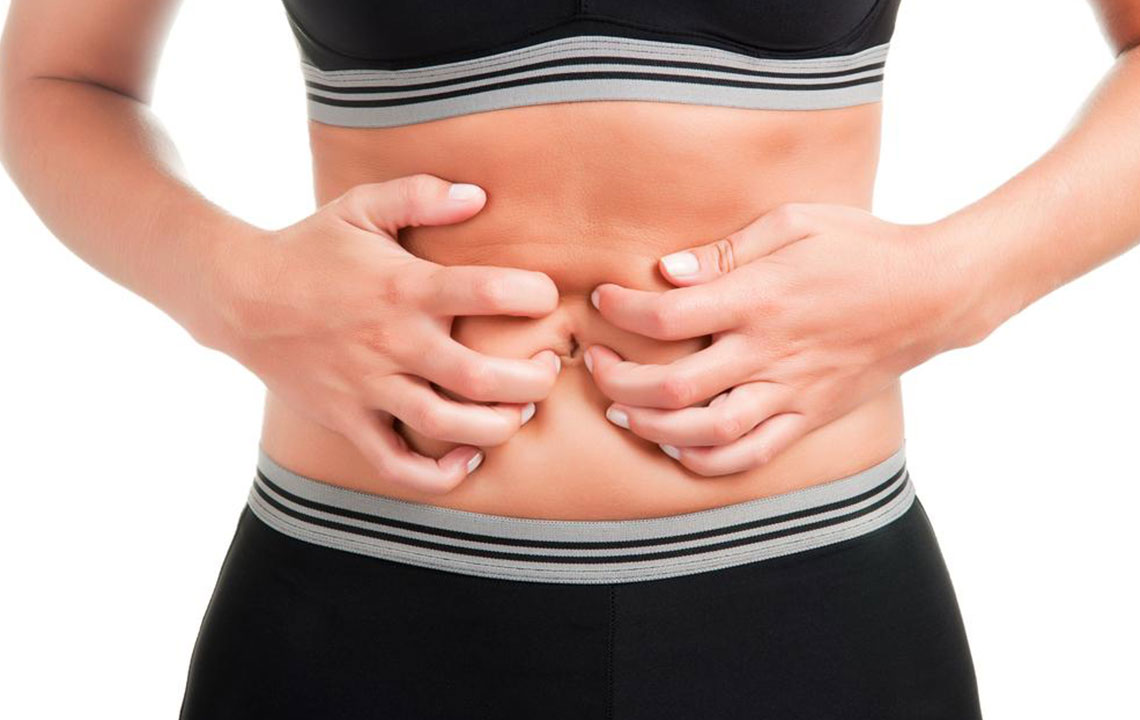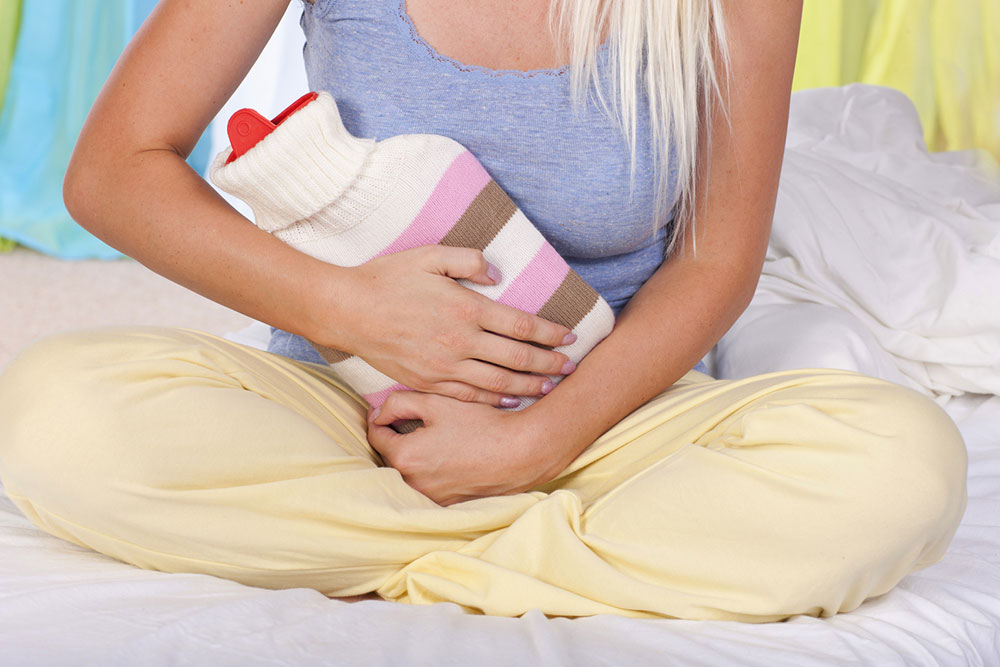Top Foods to Avoid for Women with Bladder Control Issues
Learn which foods can aggravate urinary incontinence in women. Identifying and limiting triggers like caffeine, alcohol, spicy foods, and acidic fruits can significantly improve bladder control. This guide offers insights into dietary adjustments for managing bladder leakage effectively, enhancing comfort and confidence.
Sponsored
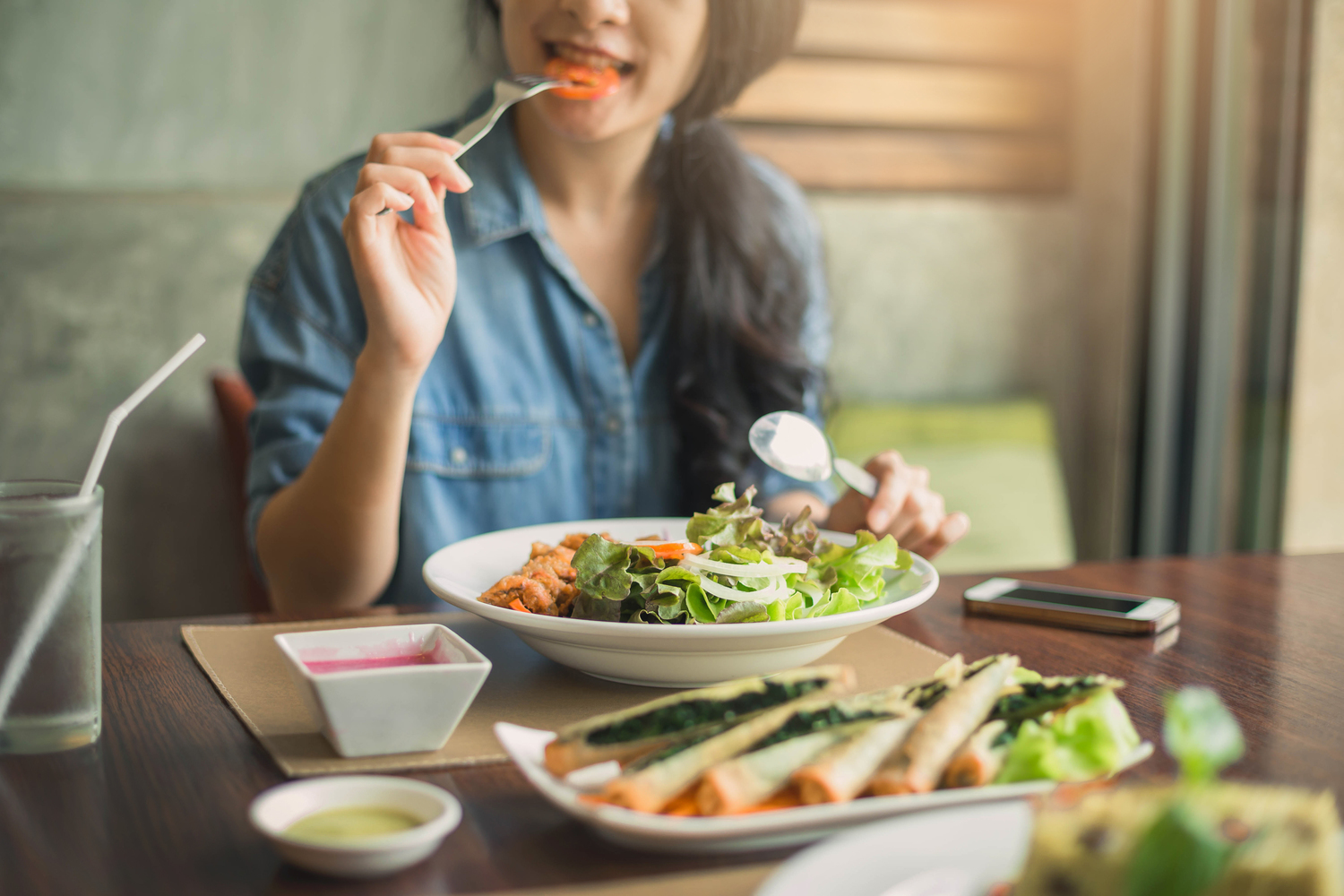
Top Foods to Avoid for Women Experiencing Bladder Leakage
Urinary incontinence, or involuntary urine leakage, is a common condition more prevalent among women. Women’s smaller urethra, hormonal changes from menstruation, pregnancy, and menopause contribute to increased risk. Managing diet is vital alongside medical treatment to control symptoms. Certain foods can aggravate bladder issues, so understanding which to limit is essential. Below are key dietary triggers that may worsen urinary leakage in women, helping to improve quality of life through mindful eating.
Caffeinated Beverages
Drinks containing caffeine—such as coffee, tea, sodas, energy drinks, and chocolates—are diuretics that increase urine production. Caffeine stimulates bladder muscles, heightening the urge to urinate and worsening leakage over time. For women, especially with age, reducing caffeine intake can significantly lessen symptoms.
Alcohol
Alcoholic drinks act as diuretics and relax the bladder muscles, decreasing the brain's control over when to urinate. Older women and those with existing bladder issues should avoid alcohol to prevent symptom escalation and risk of urinary tract infections.
Spicy foods like peppers, chili, horseradish, and pungent spices can irritate the bladder lining, causing pain and frequent urges to urinate. Additionally, spicy dishes can increase thirst, leading to more fluid intake and further leakage episodes.
Artificial sweeteners found in candies, baked goods, and fizzy drinks can over-stimulate bladder muscles, raising the risk of bladder spasms and infections. Switching to natural sweeteners, such as honey or maple syrup, may help manage symptoms better.
Acidic fruits like oranges, lemons, grapefruits, and tomatoes may aggravate bladder irritation in women with ongoing urinary issues. Similarly, dark chocolate, vinegar, soy sauce, and ketchup contain acidity that can intensify symptoms.
Milk and dairy products, especially aged cheeses and cream, contain lactose and other compounds that may trigger bladder sensitivities. Those prone to incontinence are advised to limit dairy or choose alternative options.
Cranberry juice, often used to prevent urinary infections, is highly acidic and can worsen bladder inflammation in some women. Alternatives should be considered to maintain bladder health without aggravating symptoms.
Raw onions and other pungent vegetables are acidic and can heighten bladder overactivity. Cooking onions thoroughly or opting for less irritating varieties like red onions can ease symptoms.
Medications such as sleeping aids or certain antidepressants can induce nighttime incontinence. Consulting healthcare providers about medication side effects is recommended.
Blood pressure medicines that cause increased urination, called diuretics, may need dose adjustments or alternatives under medical advice to reduce leakage episodes.
Prunes, while excellent for constipation relief, can add stress on the bladder, making leakage worse. Choosing high-fiber, non-irritating foods can support bowel health without affecting bladder control.

